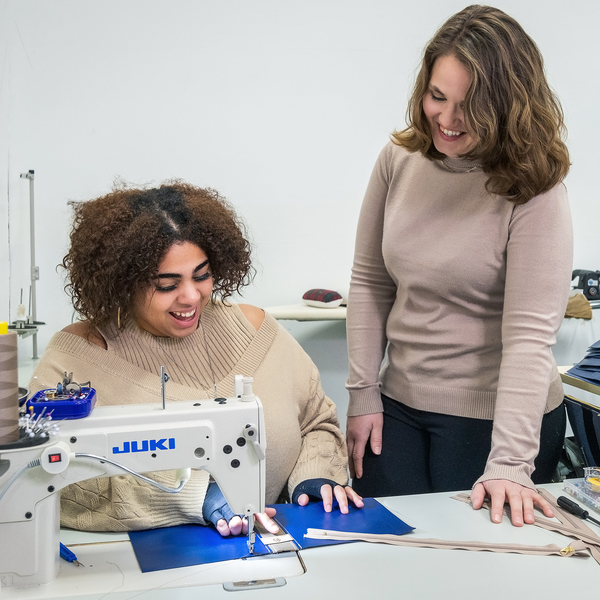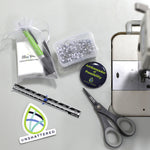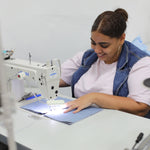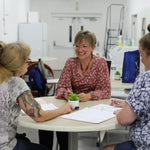There was a time when I was judgmental toward those struggling with addiction. Because I had no close contact with the pain and trauma that I now know comes with addiction, I assumed people were just irresponsible and making bad choices. Can’t control your drinking or drugging? What’s wrong with you?
I didn’t have any idea how early substance use began or that women often struggle with addiction as a result of trauma. That was until I heard a woman named Emily share her story. This was the very beginning of my awareness of the challenging journey a person has to navigate from addiction to lasting recovery. I learned just how terrifying the pitfalls are and how easy it is to relapse and die. I had no idea that in my future, in my own transformed life, I would have the opportunity to use my business skills and experience to help develop a long-term solution to end the addiction/relapse cycle for women in recovery, enabling them to maintain sobriety.
If you are starting where I started, please read on. Because I had an awful lot to learn.
Back in 2015, had I known the discussion topic at my church that day was about recovery from addictions, I might not have attended. I would have said that addiction was about making bad choices and that it was the responsibility of the individual to make better choices. That some people have control and if they don’t, they need to find some. It sounds harsh, but as I had worked hard to get to my place in life - a physicist and engineer for IBM managing a Profit & Loss worth $1.1 billion dollars - I had high expectations of those around me.
Emily's story shocked me.
She came from a broken home, her mother had poor health and a 15 year old neighbor thought it would be funny to get an 8-year old high. This early start into substance abuse led to 15 years of addiction and homelessness. Emily and others like her have few choices and often become prime targets for abuse, sex work, and trafficking. Drugs and alcohol become a way to numb the unrelenting pain of existence. Emily knew very little about profit and a whole lot about loss. I felt a powerful need to know more.








